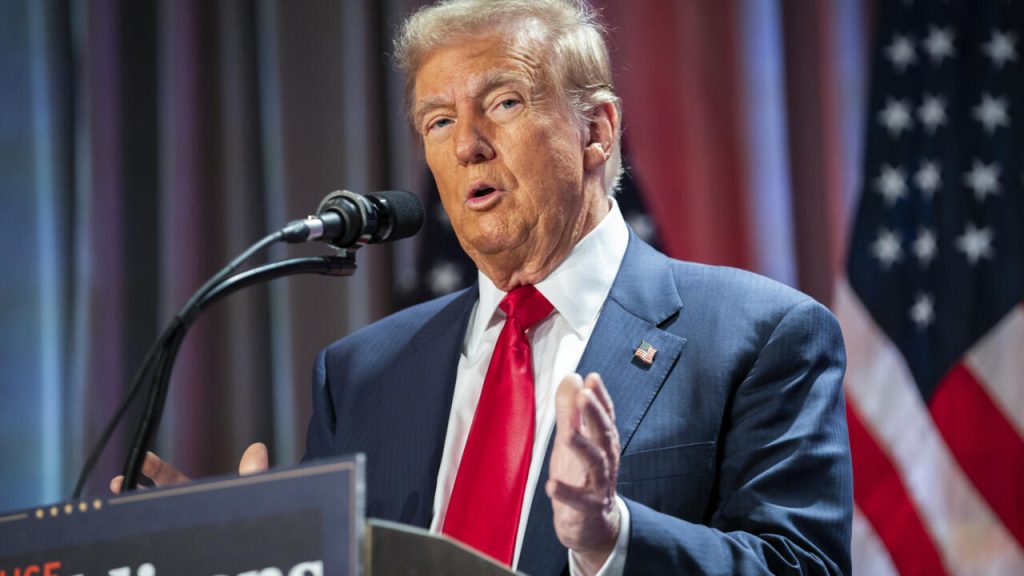China and Mexico have criticised Donald Trump after he threatened to begin his presidency with immediate tariffs targeting the United States’ three largest trade partners.
Trump announced his plans on social media, pledging steep import duties on Canada, Mexico, and China if they fail to curb illegal immigration and drug smuggling into the US.
China warned that “no one wins a trade war,” while Mexican President Claudia Sheinbaum declared that for every tariff, there will be a reciprocal response. In Canada, a government source said Prime Minister Justin Trudeau had a productive conversation with Trump but declined to provide further details.
The proposed tariffs could have significant global repercussions, heightening tensions with China, disrupting international markets, and straining relations with neighbouring Canada and Mexico.
Stock markets experienced turbulence following the announcement. Late Monday, Trump posted on his Truth Social platform that he would implement the tariffs immediately upon taking office on 20 January if his demands—described as vague—were not met.

This approach signals a return to Trump’s governing style from his first presidency, characterised by abrupt policy announcements and significant shifts communicated via social media. It also highlights his intent to leverage US economic power to address issues like crime and migration rather than trade-specific concerns.
On Tuesday, Trump appointed two familiar faces to his economic team: Jamieson Greer as his trade representative and Kevin Hassett as his chief economic adviser, heading the White House National Economic Council. Both held key roles during Trump’s first administration.
“I will sign all necessary documents to charge Mexico and Canada a 25% tariff on all products coming into the United States,” Trump declared online. He also announced a 10% tariff on Chinese imports, accusing Beijing of failing to act against fentanyl smugglers.
China’s embassy in the US responded, with spokesperson Liu Pengyu emphasising the mutual benefits of China-US economic ties. Meanwhile, Mexico’s President Sheinbaum rebuked Trump’s claims and his tariff threats, calling them baseless and counterproductive.
“It is not with threats or tariffs that the migration phenomenon will be stopped, nor the consumption of drugs in the United States,” Sheinbaum stated, pointing out that the demand for drugs in the US fuels the narcotics trade in Mexico. She also highlighted the flow of illegal weapons from the US to Mexico, which exacerbates violence.
During his presidency, the US imposed tariffs on hundreds of billions of dollars worth of Chinese imports, prompting retaliatory measures from Beijing that heavily impacted US farmers. Economists warn that tariffs often lead to higher consumer costs and can hurt economic growth, as importers typically pass increased costs to consumers.
Trump has also announced his commerce secretary-designate, Howard Lutnick, a known critic of China, as a key figure in shaping future trade policies.


